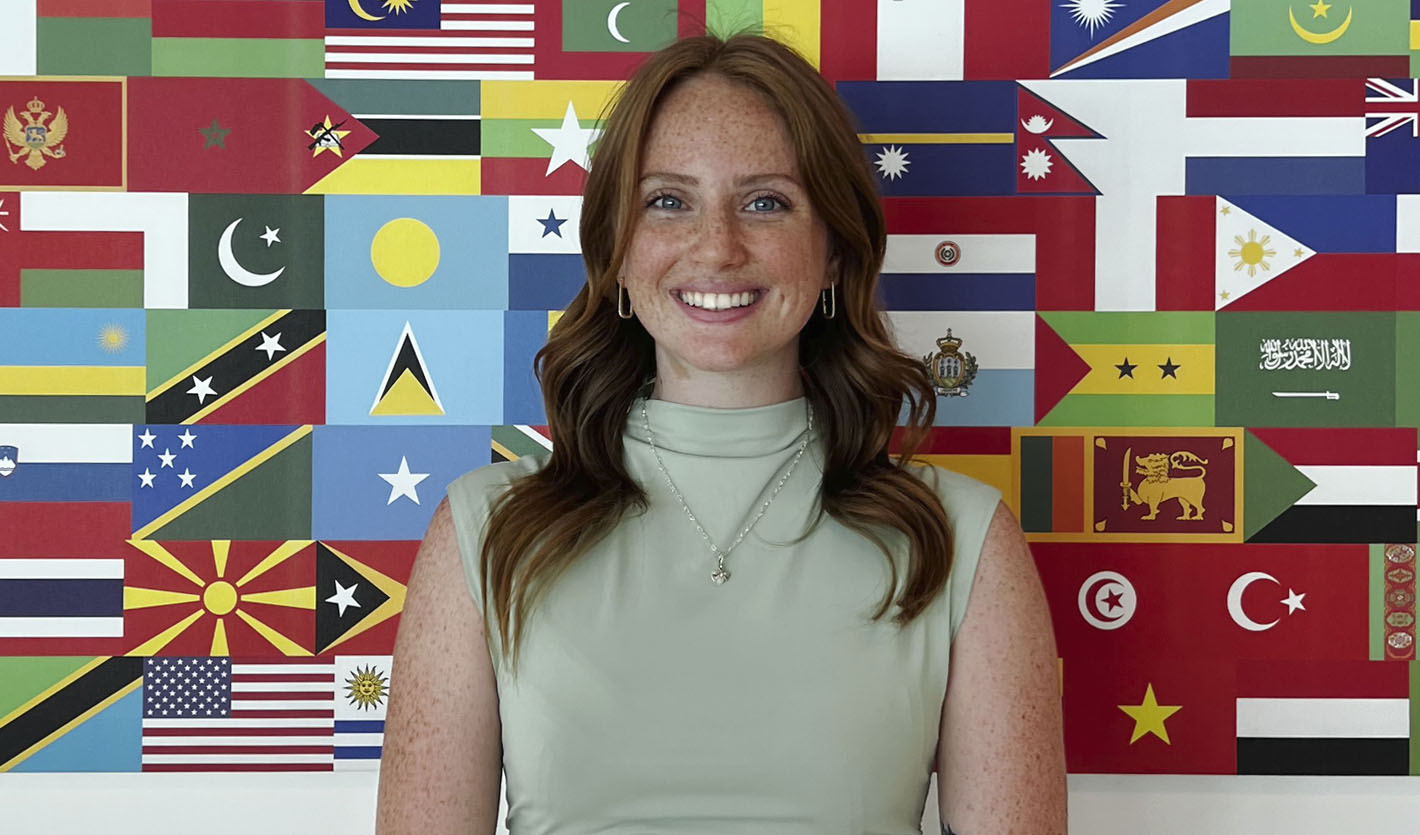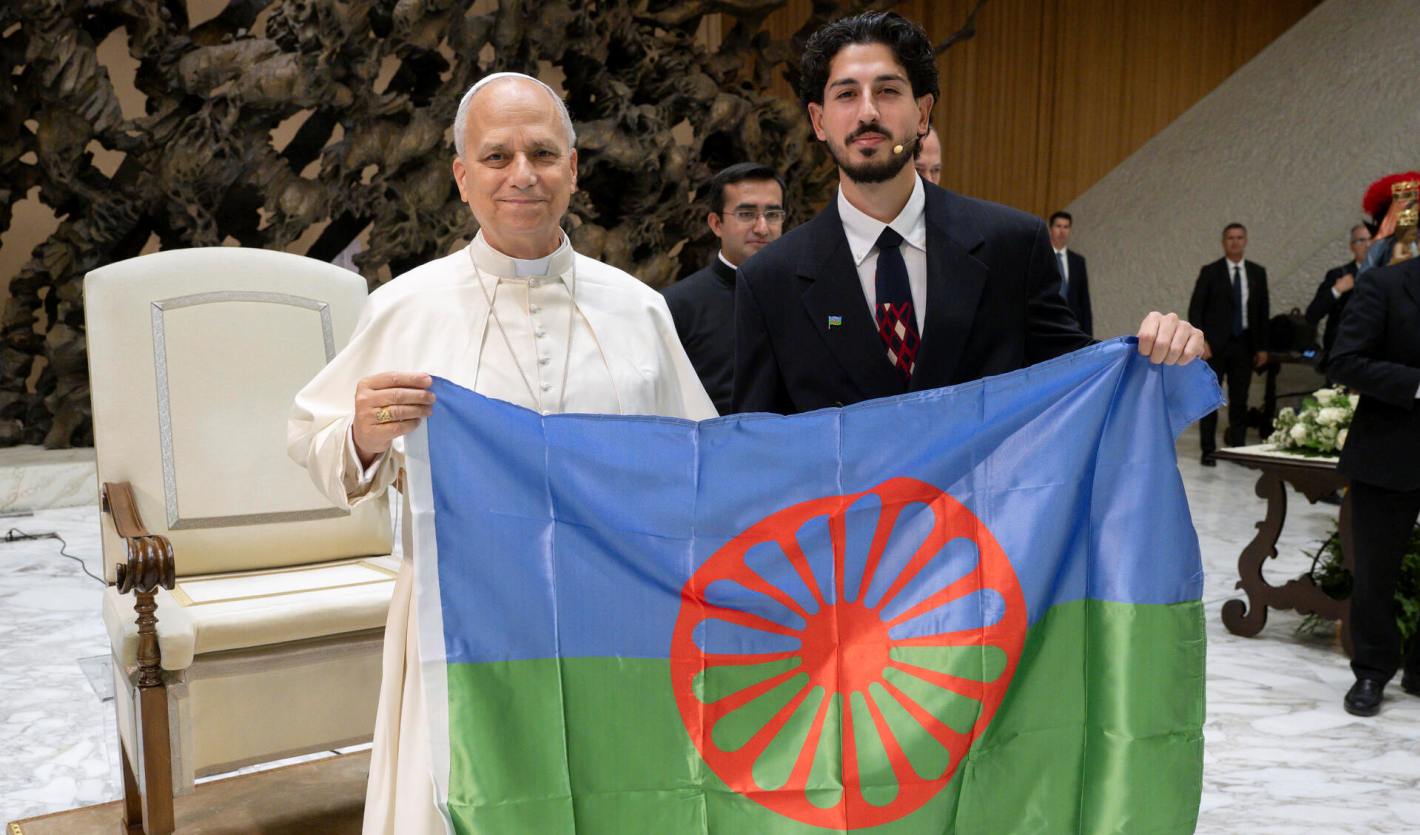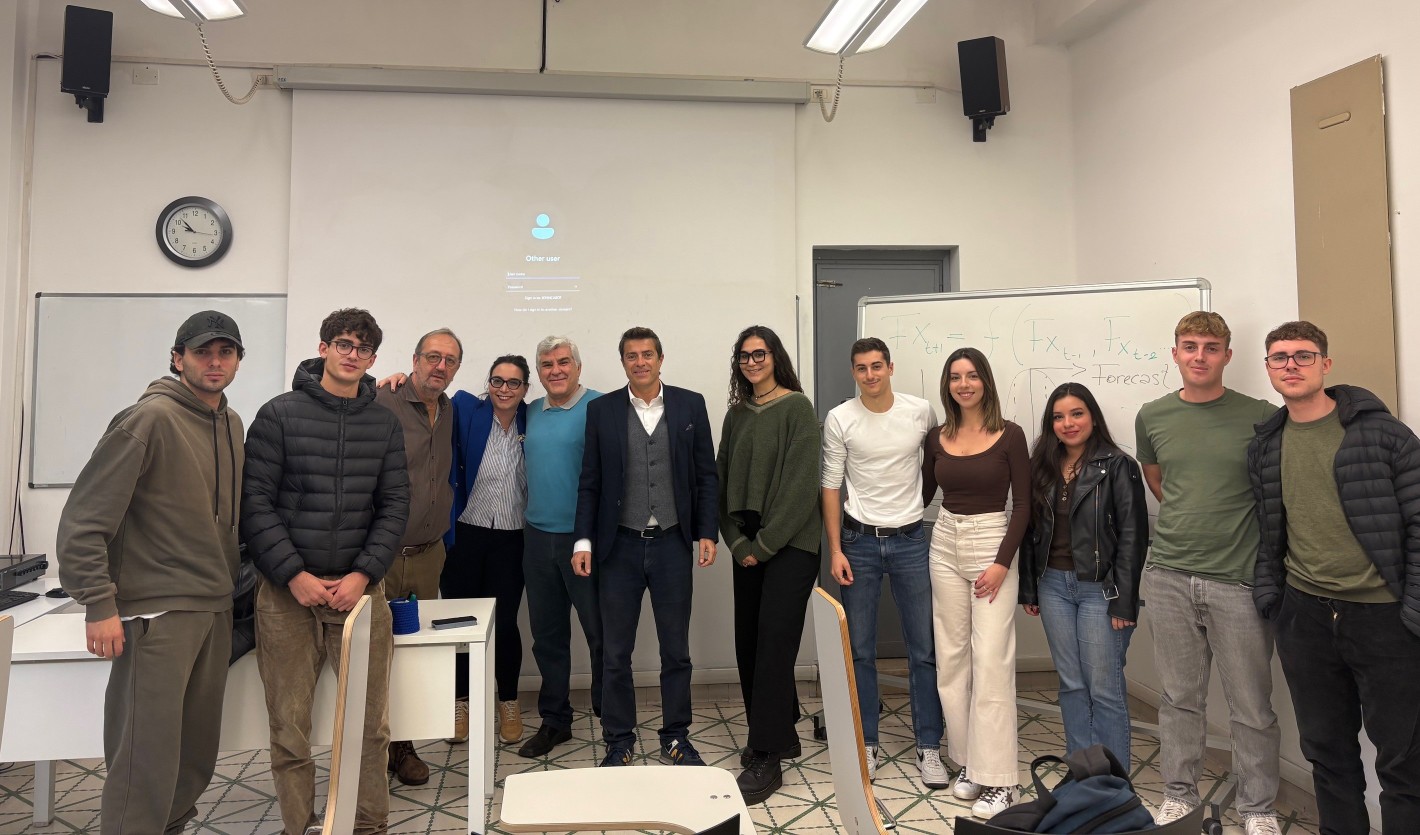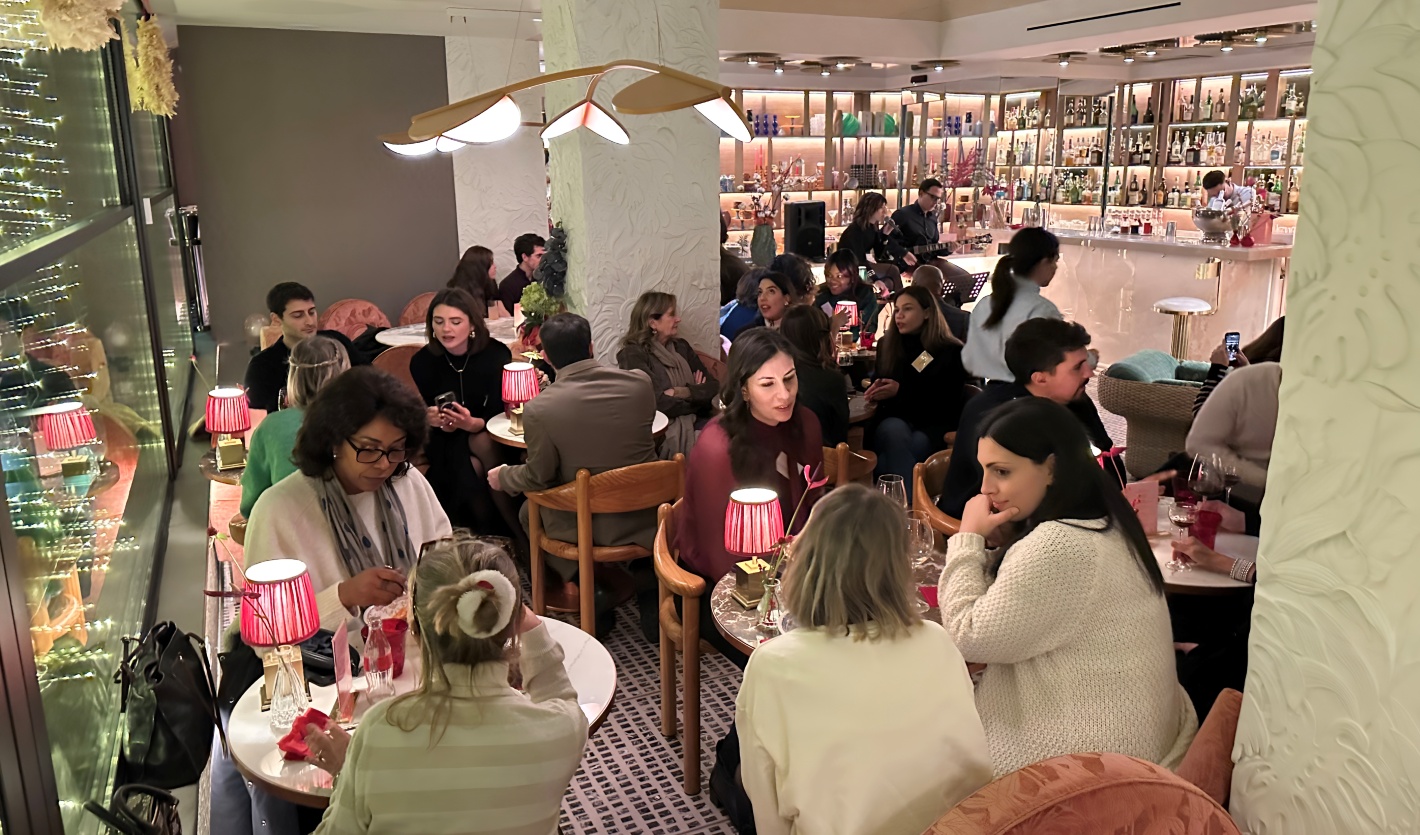After completing her undergraduate studies in Georgia with a dual degree in Business and Mathematics, Megan Zeldenrust decided to pursue an MA in International Affairs at JCU. She did an internship with the World Food Programme as part of the Community Feedback Mechanism team. Her thesis is on the relationship between domestic arms leakage and gender-based violence.
Tell us a bit about your background.
I’m from Georgia in the United States. I was born right outside of Savannah, and I’ve lived there most of my life. I did undergraduate college in Georgia and completed a dual degree in Business and Mathematics. I come from a military family. My dad did medical work in the Army, and my brother is currently active in the Air Force, along with my sister-in-law. I’ve always had very supportive and loving parents.
My ambitions when I was younger were different than they are now. I had a teacher in high school who said, "You’re really good at mathematics and you could make a lot of money.” I say I love mathematics, but it’s really more of a love-hate relationship.
Why did you choose John Cabot University?
I’ve always been interested in having an international career, so when my parents got a job in Naples, I thought, well, if they move abroad, why can’t I? I had already received an acceptance to do a Ph.D. in math in the States, but it just didn’t feel right. I didn’t want to solely focus on academics or research. I wanted to take my love for numbers and learning and apply it to something meaningful.
When I was looking for programs, I really just looked at Italy, probably because my parents were here and it felt a bit safer as someone who’d never left Georgia. On a more real note, I loved that JCU is a small university. My undergraduate college was also small. Having more personal relationships with your professors has just made all the difference to me, and that’s something I really value when pursuing an education.
I feel like my mind has opened since being here. I don’t think I’d be the same person if I had stayed in Georgia.
Why did you decide to pursue an MA in International Affairs?
I love math, numbers, and the data part of business. I thought maybe if I studied international affairs, I could just use all three very broad degrees and figure it out from there. I think the goal was just to keep options open for myself. Even though I had no international affairs background before this program, I felt like I could still offer a new perspective. That’s been one of the most interesting parts. Everyone can have a different view on something, and it doesn’t matter how much knowledge they have of a subject; they can still look at it differently from someone else.
What is your thesis about?
My thesis is on the relationship between domestic arms leakage and gender-based violence. Anything related to violence against women is usually underreported. There’s a lot of research around arms exports and gender-based violence. What I really wanted to explore is whether there is a causal relationship between domestic arms leakage, violence against women, and cultural narratives. This can be difficult to do since I’m trying to do it empirically. I decided to focus on the domestic production of small arms. A lot of the research on arms exports looks at the countries they are being exported to because that’s where the guns are going. I wanted to look at the countries that produce those weapons and the domestic leakage of them.
Tell us about your internship for the World Food Programme (WFP). What did your position entail?
I worked in the Community Feedback Mechanism team (CFM), which was part of the Analysis Planning and Performance Division. Their role is to make sure that there are two-way communication systems in all the areas where the WFP is providing assistance. This way, WFP can hear from the people who are receiving aid, and know if they’re getting it in effective ways. It’s more qualitative than quantitative data.
It’s been an amazing first professional experience. You can even feel the energy walking into the office. When you’re working at a place where everyone has a passion for what they do, and they want to help people, it’s amazing how you can feel that.
What are your plans for the future?
I’m in the middle of the job search, and I’ve been applying to many analyst positions. I would love to be in an international organization, but I don’t know what that looks like yet. I don’t even know if the humanitarian sector is where I want to be right now, but it’s something I’d like to come back to.
What is your advice for people who maybe don’t feel a strong calling for a specific career?
It shouldn’t feel so scary, because I think that no matter what you do, you can always tie your interests into it. Even though I’m not doing math anymore and it’s something I’ve forgotten a lot of, I still love it and hope to tie it in with my future career. Even when you feel like you don’t know what you’re doing, that’s fine. I didn’t know what I was doing in high school, and I didn’t know what I was doing in college. I still don’t know what I’m doing, and yet, I’ve done amazing things that I should be proud of. I think everyone should feel that way about themselves.
There are many paths that could lead to a career. Some of the ambassadors I’ve met were theater majors, Peace Corps members, or lawyers. It’s important to keep your hobbies and not be so focused on one thing.
If you’re coming out of college having achieved all your goals, then you can aim higher. You’re so young and you have so many things you can contribute to the world.












